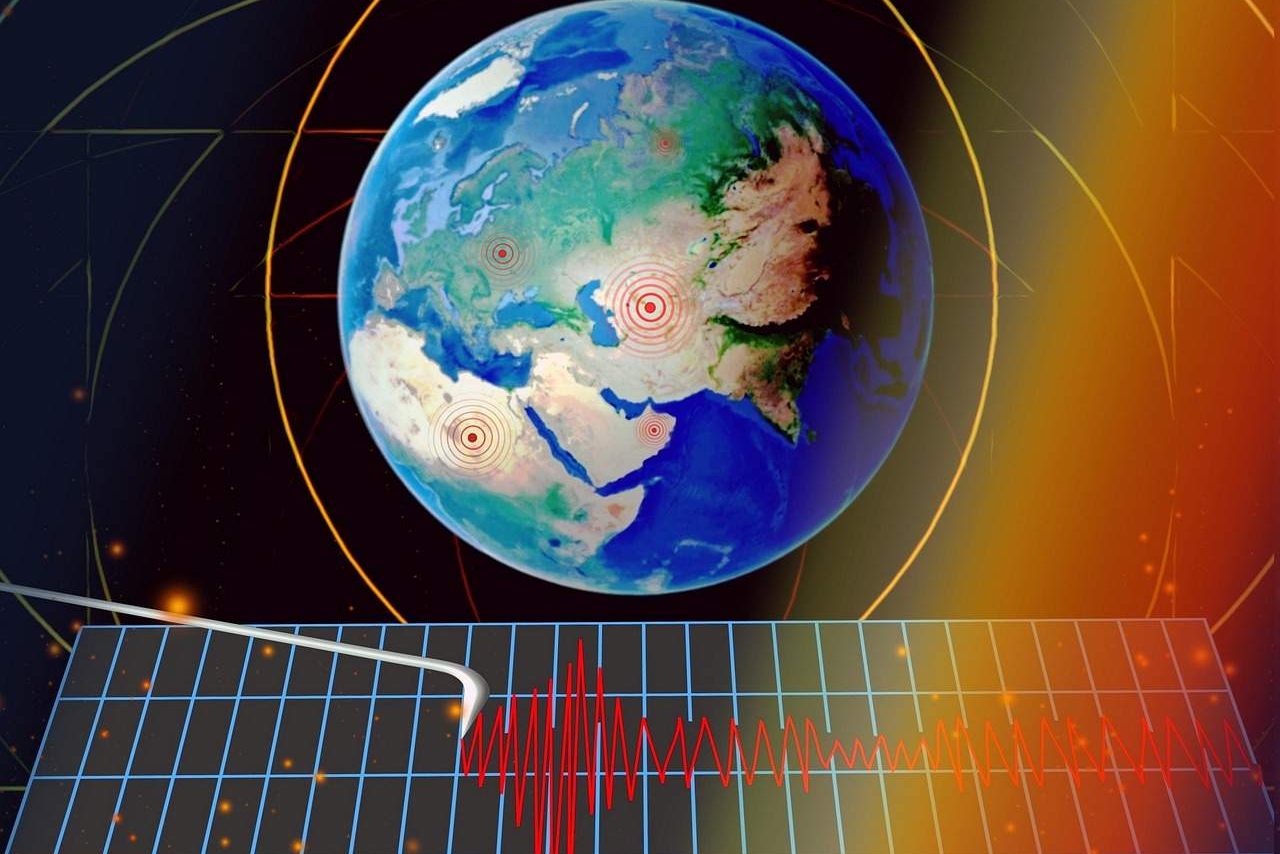Late last week, on Friday to be specific, an earthquake registering with a 5.0 magnitude hit Texas. The earthquake struck the western coast of the state with the epicenter being 33 miles northwest of the small town of Toyah. Toyah is around 160 miles east of El Paso. There were several aftershocks that were felt after this earthquake in the area. It struck around 10:23 p.m. Just a few days later, several other earthquakes have shook the Lone Star State in rapid succession leading to growing concern over what these quakes suggest.
Around 11 p.m. last night, the first of the series hit.
Near Mentone, Texas, a 2.9 magnitude earthquake was registered according to the United States Geological Survey. Following this quake was a 3.4 magnitude one just four hours later, striking around 3:00 a.m. eastern standard time. Just over an hour later, another 2.5 magnitude earthquake was picked up. Not long after the 2.5 magnitude earthquake, the largest one of the night struck with a magnitude of 4.6. This one struck around 7:00 a.m. The final earthquake of the morning was reported to have been felt all the way up in Roswell, New Mexico.
Authorities have not found links connecting the series of quakes this morning to the one that occurred on Friday.
All of the earthquakes that have struck have been focused on the west coast of the state. In this area, there is not one major fault line responsible for all of the seismic activity, but rather several smaller fault lines. The two main fault lines in the area are the Permian Basin and the Balcones. However, while earthquakes are typically caused by fault line issues, in this area, seismic activity can also be frequently caused by human activity.
Activities related to oil and gas production, a huge industry in this part of the United States, can create seismic activity. These activities include fracking and wastewater disposal. However, while authorities still investigate the recent earthquakes, they have not ruled whether these were human caused, or earth caused earthquakes.
Texas has experienced many earthquakes before.
Since 1900, Texas has reported over 3,600 earthquakes. However, they often register on the smaller side of the scale. Only around 70 of the 3,600 earthquakes have had magnitudes over 4.0. Since Friday, there have been two earthquakes over this point on the scale, one at 5.0 and one at 4.6. This is what is leading to concern for many Texans and seismologists.
The good news coming out of these earthquakes is that there have been no serious injuries or fatalities reported. But nonetheless, many worry about what could happen if these stronger earthquakes continue, especially if they are found to be human caused.
Texas is the number one state for fracking, with a very large number of oil and gas wells. The level of fracking continues to grow as well, which could explain the uptick in seismic activity. While an official ruling has not been made, several leading seismologists in the state find there are undeniable connections to the drilling and the earthquakes.




